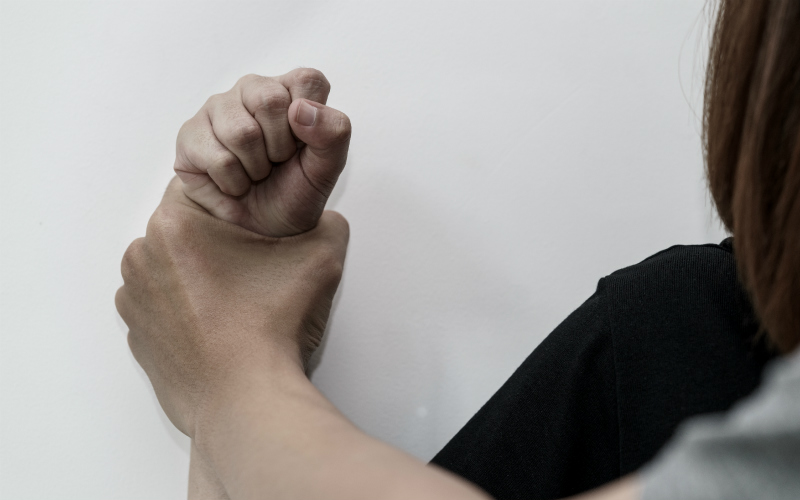
The Scheme which is government funded and run by the Criminal Injuries Compensation Authority, is designed to compensate blameless victims of violent crime.
Earlier this year I wrote an article for the Journal of the Law Society Of Scotland about a sad case which highlights flaws in Criminal Injuries Compensation Scheme.
The Scheme has been in the papers for a number of reasons over the last month or so and that raises the question for me as to whether the Scheme is fit for purpose in its current state.
The Scheme is government funded and run by the Criminal Injuries Compensation Authority (‘CICA’) and is ‘designed to compensate blameless victims of violent crime’. For me, the key words there are blameless, victims and violent crime. My opinion piece in the journal talks about a case where a child conceived and suffering congenital disabilities as a result of rape cannot recover compensation directly under the Scheme and the criteria for claiming special expenses where a victim of rape is bringing up a disabled child as a result of that rape and I don’t intend to consider those issues further here. Instead, the three further areas which I consider merit attention are :-
- Sexual assault, children and grooming
- Sexual assault and the two year rule
- The same roof rule
Sexual Assault and Grooming
Charities such as Barnardo’s and Rape Crisis say that children are being denied compensation under the Scheme because they are considered by the CICA to have consented to the assault when in fact they have been groomed by their attacker or attackers. The definition of a crime of violence includes ‘a sexual assault to which a person did not in fact consent’. So can a child consent to a sexual assault? The criminal law says no. On that basis, how can the CICA apply a different definition to consent if the criminal law is clear on this issue? The Scheme should not be applied in such a way that victims are made to feel that they are to blame for the abuse. If the situation is such that the CICA are refusing compensation in such cases, I suggest that the Scheme needs to be updated to make it clear that grooming does not equate with consent.
Sexual Assault and the Two Year Rule
Applications for a payment under the Scheme must be sent ‘as soon as reasonably practicable after the incident giving rise to the criminal injury to which it relates and in any event within two years after the date of that incident’. A claims officer can extend that period if they are satisfied that ‘due to exceptional circumstances the applicant could not have applied earlier. No definition of exceptional circumstances is given. I previously volunteered with the Women’s Rape and Sexual Abuse Centre (WRASAC) and I know from my time there that victims of sexual assault may not report the crime right away and if they do, it can often be much later before they feel able to disclose the abuse to anyone, particularly in cases where the abuse occurred when they were younger. This places many victims of sexual abuse outwith the two year time limit, meaning they then have to justify why it has taken them so long to make a claim. I take the view that this does not help the Scheme meet its purpose – it is making blameless victims justify their actions. The two year time limit works in many cases but when the crime of violence is sexual assault or abuse I do not think that this reflects the reality of the victims experience and coming to terms with such events.
Same Roof Rule
If the criminal injury was sustained before 1 October 1979 and the victim lived in the same household as their assailant as members of the same family, then the victim is not entitled to compensation. The Inner House recently determined that this restriction of the scheme was proportionate and was a ‘prudent policy decision’. It could however mean that two victims of the same assailant could end up being treated differently, if for example one victim resided with the assailant and the other didn’t. Successive governments have declined to change this rule. The CICA justified their exception in a letter dated 7 December 2016 to the Public Petitions Committee on the basis that changing the rule would increase the Scheme’s potential liability in an uncertain way, involve a significant administrative burden for the CICA and present difficulties for claims officers in linking the offence and the injuries. Certainly in relation to the last ‘justification’, in any claims for compensation I deal with, I rely on medical experts to link injuries with the incident and it would seem to me that this should be the case in any applications to CICA. It shouldn’t be for the claims officer to make that determination. In my view, this restriction prevents the Scheme from fulfilling its purpose. There are other eligibility criteria that must be taken into account which in my view would mean that the changes to the same roof rule would not ultimately mean opening the floodgates.
If you have any questions about making a personal injury claim, please contact our specialist Personal Injury team on 0800 731 8434.
